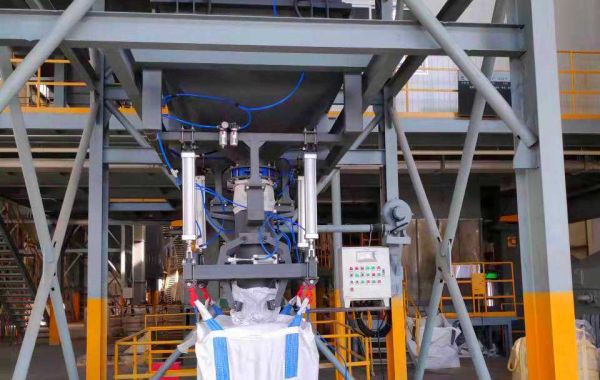Traditional Manual Scales
In the past, packaging operations relied heavily on manual scales. These scales typically consisted of a platform or pan, a dial or digital display, and weights. While these scales were effective for basic weighing tasks, they were time-consuming and prone to human error.
Digital Scales
The introduction of digital scales marked a significant advancement in packaging technology. These scales replaced mechanical components with electronic sensors, providing more accurate and consistent measurements. Digital scales also offered features such as tare weight functionality, which allowed users to deduct the weight of packaging materials.
Industrial Platform Scales
For heavier packaging applications, industrial platform scales are used. These scales are designed to handle large loads and are often equipped with features like overload protection and data output capabilities. Industrial platform scales are commonly used in manufacturing, warehousing, and shipping industries.
Checkweighers
Checkweighers are specialized scales that verify the weight of packaged products. They are typically integrated into packaging lines and can automatically reject underweight or overweight products. Checkweighers are essential for ensuring product quality and compliance with regulatory standards.
Automated Packaging Systems
The latest trend in packaging is the integration of scales into fully automated systems. These systems can automatically weigh products, package them, and label them based on predefined parameters. Automated packaging systems improve efficiency, reduce labor costs, and minimize errors.
Key Benefits of Modern Packaging Scales
Increased accuracy: Modern scales offer highly precise measurements, ensuring product quality and consistency.
Improved efficiency: Automated systems streamline packaging processes, reducing labor costs and increasing throughput.
Enhanced traceability: Scales can capture and store data on product weight, allowing for better traceability and compliance.
Reduced waste: Checkweighers help prevent the packaging and shipping of underweight or overweight products, reducing waste.
As technology continues to advance, we can expect to see even more innovative packaging scale solutions. These advancements will further improve efficiency, accuracy, and traceability in packaging operations across various industries.








